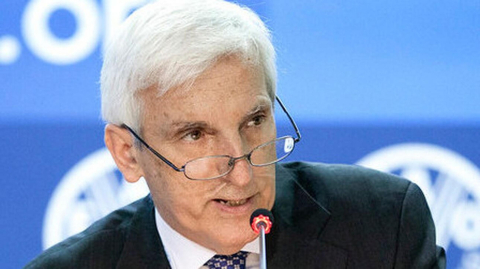3302 publications
Sixty Years after Brown: Resegregation in America
This piece is the second in a series of four Chroniques américaines on education in the United States, published this week.
American Student Loans: Debt, Reform, and the True Cost of Higher Education
This piece is the first in a series of four Chroniques américaines on education in the United States, published this week.
Greenland and Iceland: Meeting Place of Global Powers in the Arctic
At the crossroads of American, European and Asian interests in the Arctic, Greenland and Iceland, the importance of which had for too long been underestimated, are set to play a central role in future regional developments. In order to exploit the potential of their growing economic ties with Asia, without becoming the Arctic “weak links”, Greenland and Iceland need to secure their economy on a long-term basis.
Asia-Pacific: China’s Foreign Policy Priority
China is increasingly active in the Asia-Pacific region, an area that makes up the main focus of its foreign policy.
Russia and Global Climate Politics
Russia, as the fourth largest greenhouse-gas emitter in the world, and a major supplier of fossil fuels causing these emissions, played a decisive role in the enforcement of the Kyoto Protocol, the main instrument of global climate policy so far.
Abe’s Japan and Xi’s China: from Cold Peace to Hot War?
Sino-Japanese relations have deteriorated since Shinzo Abe and Xi Jinping came to power.








